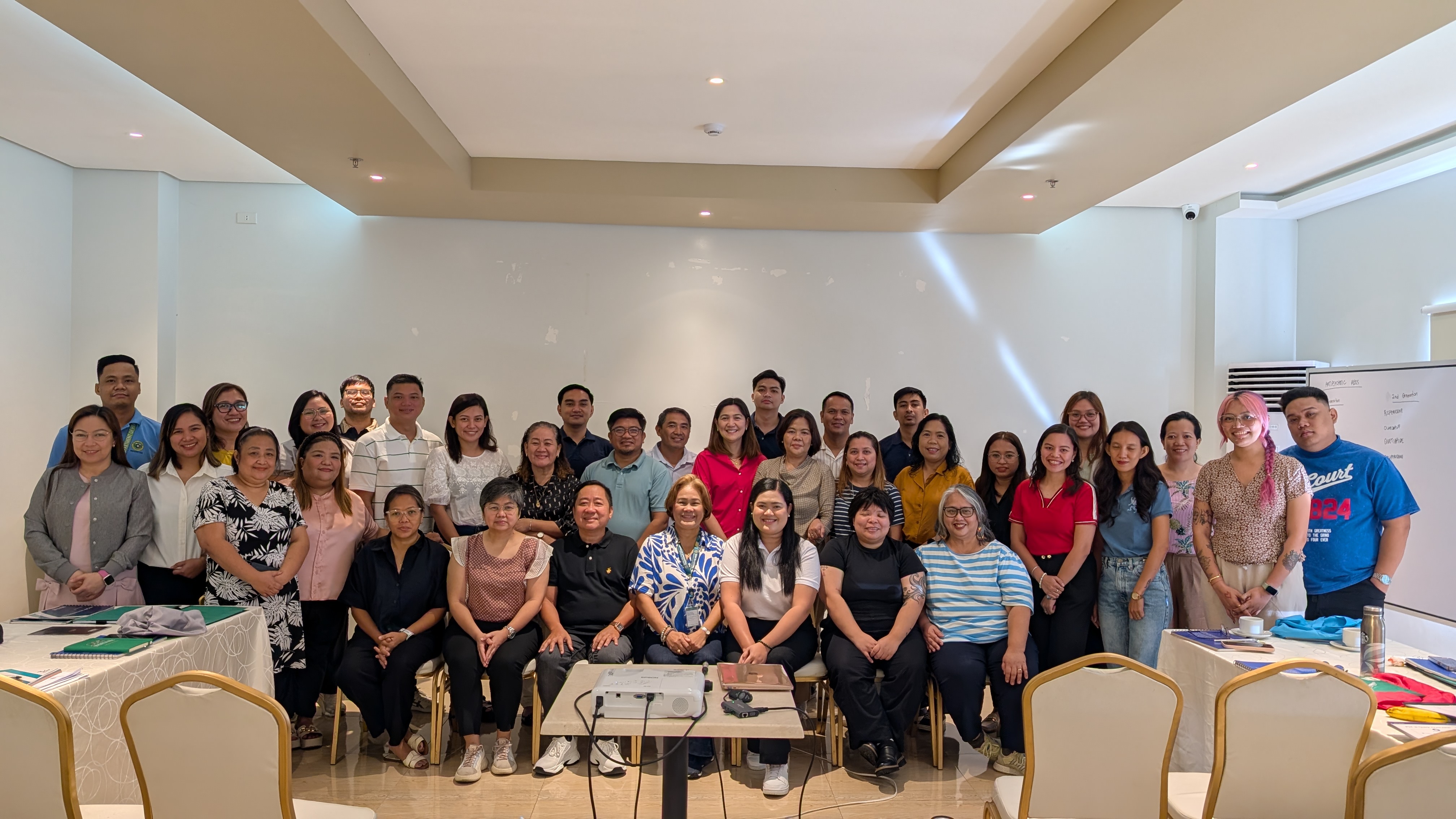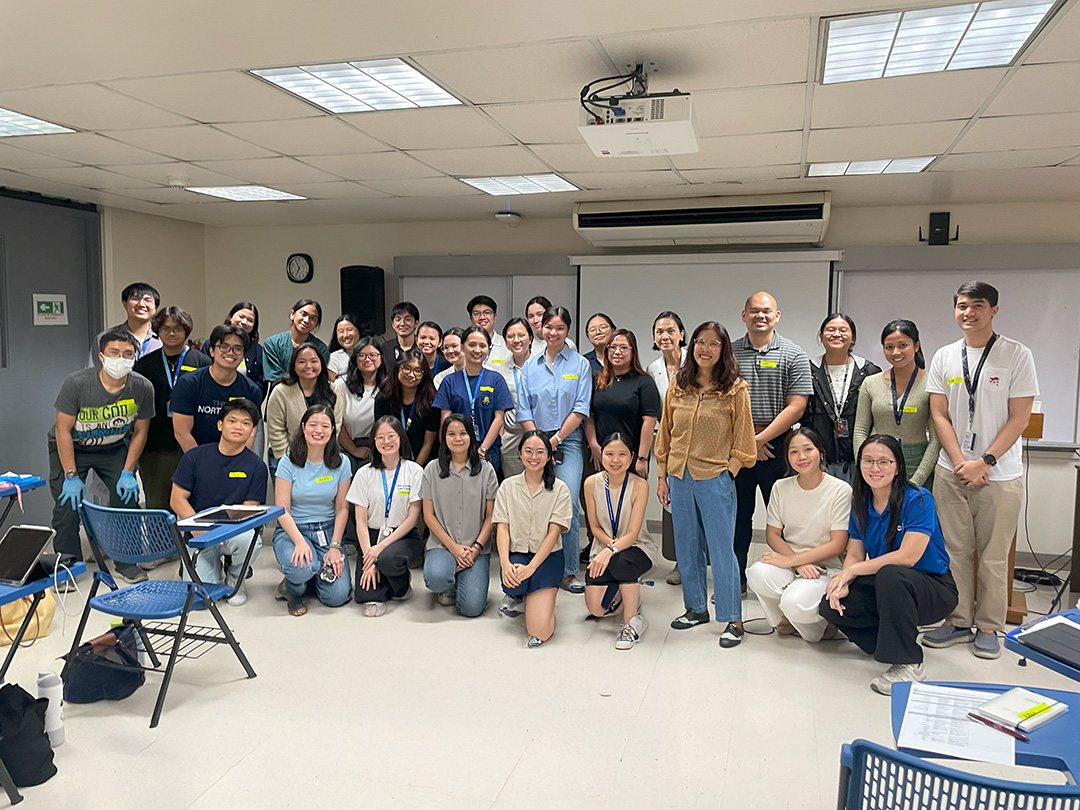
Molecular and Clinical Approaches in Autism Spectrum Disorder (Phase II)
The Molecular and Clinical Approaches in Autism Spectrum Disorder (Phase II) is a research initiative funded by the Department of Science and Technology (DOST) in the Philippines. The project aims to deepen understanding of autism spectrum disorder (ASD) by examining both clinical presentations and molecular characteristics among Filipino children, while also strengthening tools used for early identification.
Project 1: Reliability and Validity of the Childhood Autism Spectrum Test (CAST)
This study seeks to establish the reliability and validity of the Childhood Autism Spectrum Test (CAST) when applied to Filipino children aged 5 to 11 years old. By evaluating how well this widely used screening tool works in the local context, the project hopes to provide evidence that will support earlier and more accurate detection of autism in school-age children in the Philippines.
Project 2: Molecular and Clinical Profile of Children with Autism Compared to their Age Matched Peers
This research focuses on describing the clinical and biomolecular profiles of children with autism and comparing them with neurotypical age-matched peers. By looking at both the observable characteristics and underlying molecular data, the study aims to generate insights that can guide more tailored interventions and open avenues for future biomedical research in autism.
Why This Matters
Autism research in the Philippines remains limited, and many existing tools and approaches have been validated only in other countries. This project addresses that gap by generating locally relevant data and adapting tools for use in Filipino communities. The findings will contribute to better screening, earlier diagnosis, and a deeper understanding of autism spectrum disorder in the Philippine context.
Through this project, we take a step closer to creating a more responsive, evidence-based approach to autism—supporting children and families through improved detection, research, and care.
-

Strengthening Community Mental Health: mhGAP Training in Albay
From July 2 to 4, 2025, frontline health workers in Albay completed intensive mhGAP training under the Ka-ginhawa Project, a partnership initiative supported by the Australian Government, CBM Global Disability Inclusion, and the Balik Kalipay Center for Psychosocial Response. The three-day program equipped local providers with essential skills to assess and manage mental health conditions while strengthening referral networks across the province.
-

ACRI Conducts Nutrition Focused Physical Examination Training to Advance Autism Research
ACRI conducted Nutrition Focused Physical Examination Training on June 18, 2025, as part of an autism research project comparing children with ASD to their peers. Led by Dr. Maria Christina Kristin S. Reyes, the training equipped researchers and student assistants with hands-on skills to conduct NFPE with children aged 5-9. The peer practicum component built clinical team capacity to accurately administer assessments for the research protocol.
